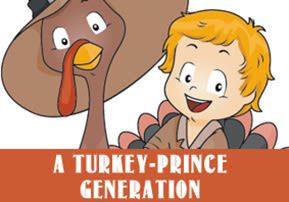
Rebbe Nachman’s Stories: A Turkey-Prince Generation
Rebbe Nachman, who predicted the alienation in our generation, gave us powerful advice how to reach those on the verge of disappearing from the Jewish people…

For many of us who come from assimilated families, the recent Pew Research Center survey of American Jews revealing an alarmingly rapid decline of religious identity comes as no surprise.
All we have to do is to look at our own siblings and cousins who have married outside the faith, have Christmas trees in their homes and trust in science rather than G-d to see the extent of assimilation in America.
But the Pew poll made it official. Nearly three-fourths of non-orthodox Jews in America today are intermarried. Twenty-two percent of all American Jews describe themselves as having “no religion.” Two-thirds don’t belong  to a synagogue, one-fourth doesn’t believe in G-d and one-third had a Christmas tree in their home last year.
to a synagogue, one-fourth doesn’t believe in G-d and one-third had a Christmas tree in their home last year.
To the majority of American Jews, being Jewish is merely a cultural pastrami-and-rye thing, not a religious thing.
Which is what Rebbe Nachman of Breslev foresaw more than 200 years ago.
Rebbe Nachman predicted in the early 1800s that “great atheism is coming to the world.” He also predicted that “there will come a time when a simple religious man [meaning someone who even washes his hands before a meal according to Jewish law] will be as rare and unique as the Baal Shem Tov [the founder of the Chasidic movement]” (Sichot HaRan, #35, #36).
This must have sounded pretty strange to those who heard this in Rebbe Nachman’s time. The atheistic theories of Darwin, Nietzsche, Marx and Freud were all decades away. Almost all the Jews in Eastern Europe at the turn of the nineteenth century were religiously observant, just as the generations that preceded them were. Before the Enlightenment took hold, living a Jewish life had always meant being Torah observant.
So how inconceivable it must have seemed to these early nineteenth-century Jews to hear that a future time would come when Jews like them, who adhere to Jewish law, would become a rare species.
Yet today in America, those of us who observe Jewish law are indeed rare. According to the Pew poll, only 19 percent of Jews said that observing Jewish law is an essential part of being Jewish. And only 10 percent of Jews consider themselves Orthodox.
Which means the future Rebbe Nachman saw is now.
The diaspora’s largest Jewish community in the twenty-first century is rapidly disappearing. And to add to this tragedy is that most of these disappearing Jews are considered “kidnapped children.” Raised in assimilated homes that embrace the non-Jewish culture and values around us, could we expect anything less than the harsh statistics of the Pew poll?
And yet the same Rebbe Nachman who predicted the disastrous spiritual epidemic of non-belief and alienation in our generation also gave us powerful advice on how to reach those on the verge of forever disappearing from the Jewish people.
This advice is found in Rebbe Nachman’s famous parable, The Turkey Prince.
In this parable, the king’s son became insane and thought he was a turkey. He sat naked under a table pecking at crumbs and bones, just like a turkey. Since the royal doctors couldn’t cure him, the king was despondent.
Until a sage appeared who said he could cure the prince.
The sage also removed his clothes, sat down naked under the table and started pecking at crumbs and bones next to the prince. “Who are you?” the prince asked. “What are you doing here?”
“What are you doing here?” the sage asked.
“I’m a turkey,” answered the prince.
“I’m a turkey, too,” said the sage.
They sat like this for some time until the sage motioned to the king’s servants to throw them a couple of shirts. The sage said, “You can still be a turkey and a wear shirt,” and then they both put on shirts. A while later, the sage signaled the king’s servants to throw them pants. He said, “Do you think if you wear pants you can’t be a turkey?” They put on the pants. As this continued, they eventually became fully clothed.
The sage then signaled again, and the royal servants brought them real food. The sage said, “Do you think you’ll stop being a turkey if you eat good food? You can still be a turkey and eat this food.” They both ate. Then the sage said, “Who says a turkey has to sit under the table? You can still be a turkey and sit at the table.” The sage continued treating the prince this way until he completely cured him.
* * *
Who’s the turkey prince? He’s the assimilated, secular American Jew of our generation who, through no fault of his own, doesn’t know who he is.
After generations of alienation from Torah and mitzvot, he doesn’t even know what a Jew is supposed to be. He doesn’t know he’s the King’s child with a holy soul that contains a miniscule spark of G-d. He doesn’t know his soul’s purpose, so in a spiritual sense his actions resemble more those of a turkey than it does one who’s working on completing his tikkun, his soul correction and mission in this world.
To reach assimilated Jews, Rebbe Nachman’s turkey-prince parable is telling us we have to be non-threatening, talking to them on their level, one step at a time, patiently: You can still be yourself and listen to an emuna CD. You can still be a university-educated professional and learn Torah. You can still be an individual and talk to G-d every day.
And you can still be a Jew living in twenty-first century America and believe everything in your life happens by G-d’s decree, is for your absolute best and is Divinely designed to help you achieve your soul correction.





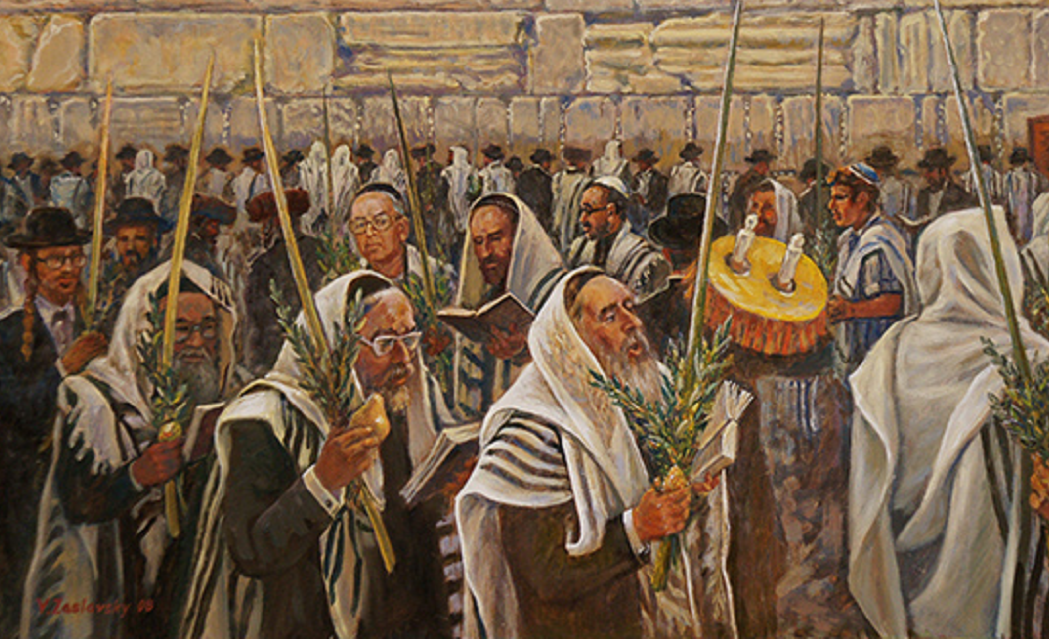

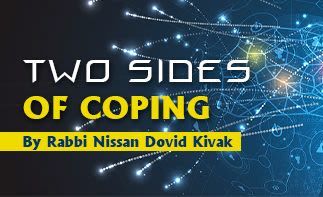

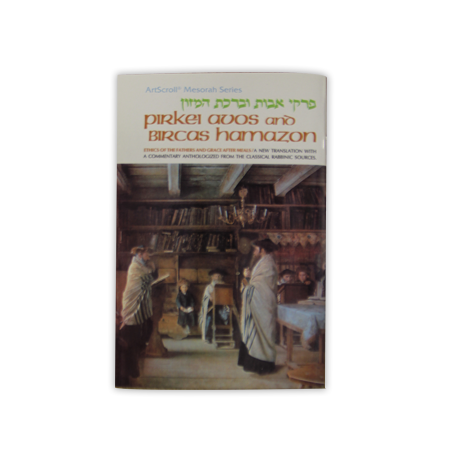
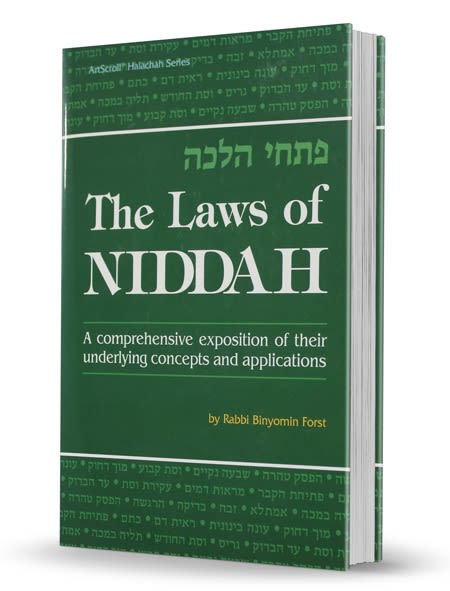



Tell us what you think!
Thank you for your comment!
It will be published after approval by the Editor.